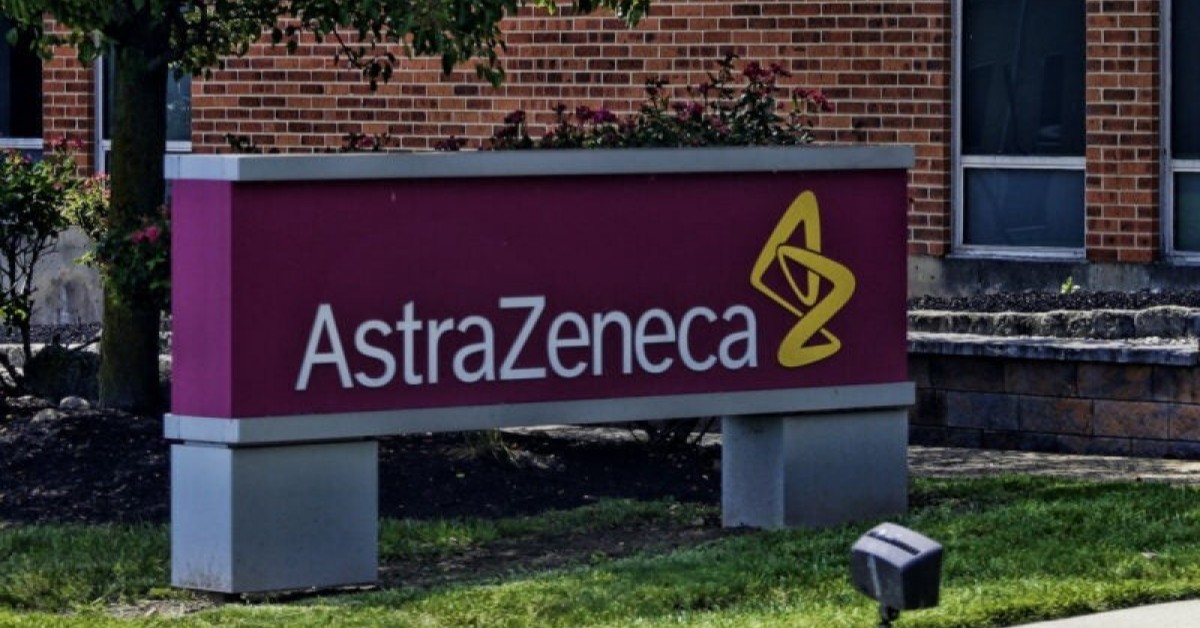
UK – AstraZeneca is deepening its commitment to artificial intelligence (AI) in cancer treatment, with more than US$ 1 billion invested in strategic partnerships to accelerate drug development and diagnostics.
The company is embracing AI across three key areas—drug discovery, clinical trials, and population screening—to optimize cancer care from early detection to treatment.
AI’s role in identifying potential cancer therapies is one of the most significant breakthroughs in pharmaceutical research.
Companies like Insilico and Generate:Biomedicines are using AI to predict promising molecules in just 30 days, compared to months or years using traditional methods.
“AI is shortening timelines for drug discovery dramatically,” said Arun Krishna, AstraZeneca’s head of U.S. oncology for lung cancer.
Beyond discovery, AI is reshaping how patients are selected for clinical trials. AI tools can predict who may benefit most from a drug, even before symptoms appear.
“Even if we don’t know a biomarker, AI can fill in the gaps and help select the right patients,” Krishna explained. Regulators and researchers are closely monitoring this approach, with AI-assisted trial enrollment expected to become mainstream within the next two years.
The most unconventional AI application lies in population-based screening. AstraZeneca is utilizing predictive AI algorithms to identify early signs of cancer, such as incidental pulmonary nodules (IPNs), which often remain undetected in routine scans.
In tests comparing AI to radiologists, AI successfully spotted cancerous nodules that human experts had missed.
Strategic AI partnerships
Recognizing the power of AI, AstraZeneca is actively collaborating with leading AI firms to harness cutting-edge technology.
In April 2025, the company entered into a US$ 200 million deal with Tempus AI and Pathos to build a multimodal AI oncology model.
Previously, AstraZeneca committed US$ 247 million to Absci for oncology target discovery and struck a US$ 840 million partnership with Verge Genomics for neurological diseases.
In diagnostics, AstraZeneca is teaming up with Greenbaum Cancer Center at the University of Maryland, aiming to analyze 50,000 CT scans within 18 months.
“We want to be involved in the full arc of a patient’s illness, from screening to treatment,” Krishna stated.
With its AI-first approach, AstraZeneca is reshaping cancer care and pushing the boundaries of drug development.
“We believe AI is the future. It will enable every aspect of the patient journey and help eliminate cancer,” Krishna said.
XRP HEALTHCARE L.L.C | License Number: 2312867.01 | Dubai | © Copyright 2025 | All Rights Reserved